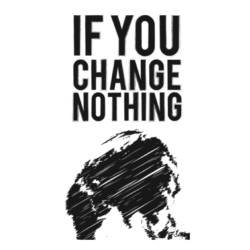Is it actually smart to set goals?
Usually if you want to get something done you set a goal. Run a marathon, lose a stone, reduce poverty – that kind of thing. This is certainly how traditional development projects work. Logframes are full of targets – 500 people attend training sessions, 1,000 families lifted out of poverty, or 3,000 jobs created. There[…]







